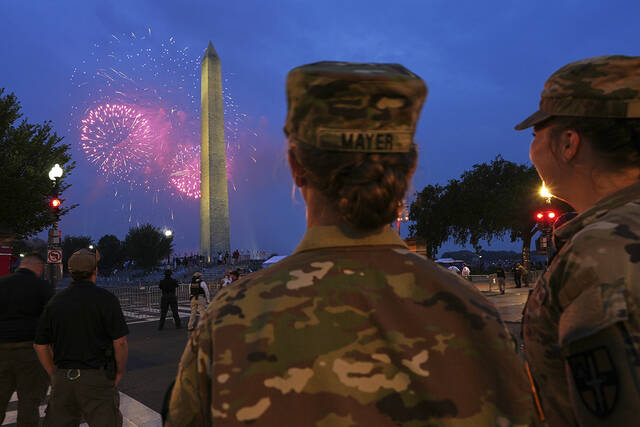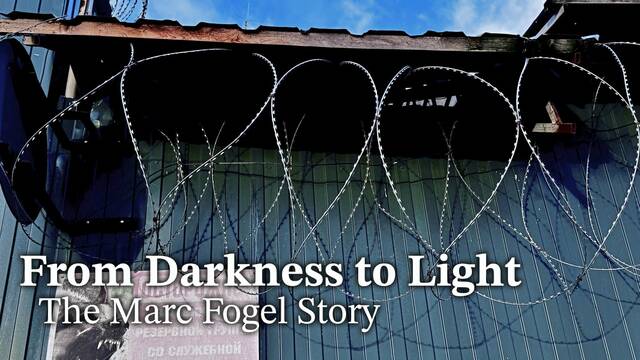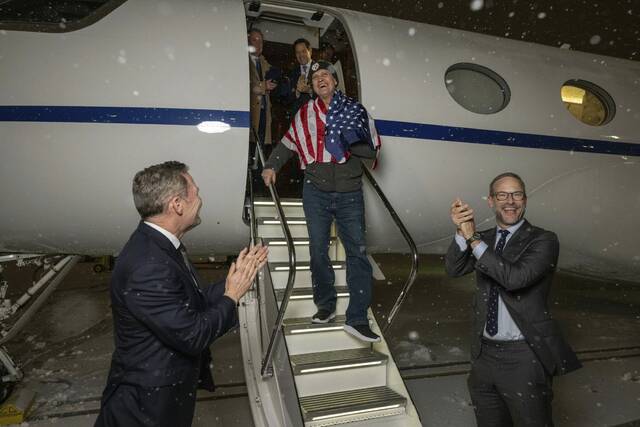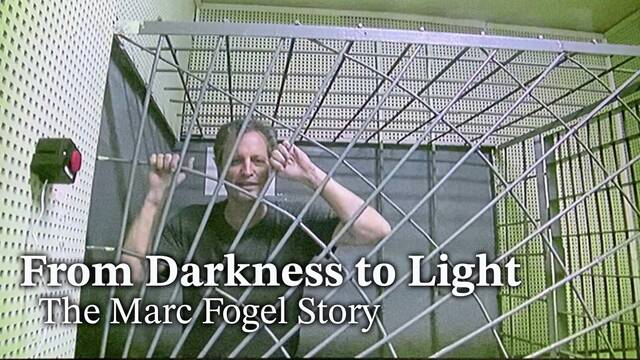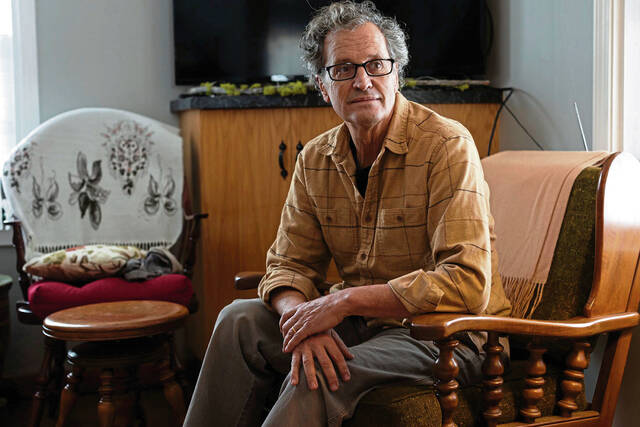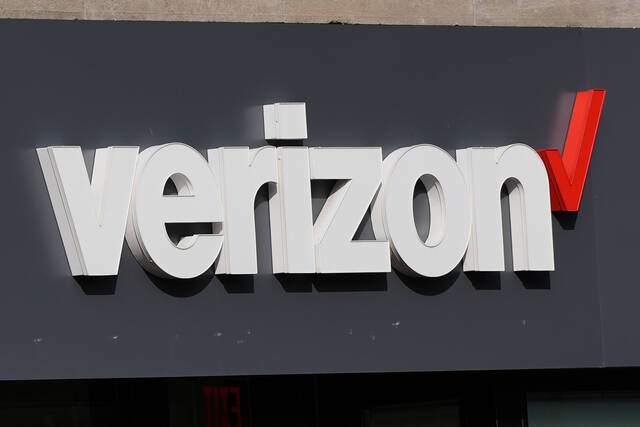For some veterans, the Fourth of July can be more of a struggle than a celebration.
“When I first got back it took me quite a few years to really feel at ease with the fireworks,” said Cliff Warner, an Iraq Army veteran deployed from 2005-2006.
Loud noises emitted by fireworks similar to explosions, rockets and gunfire can remind veterans of past wartime and conflict events, according to ptsd.va.gov.
Warner, who served in the Army National Guard for seven years as an infantryman of the 28th Infantry Division, said it only took him three days in Iraq to be hit by an improvised explosive device, or IED.
The remainder of his time in combat, Warner said he dealt with IEDs on a daily basis. That experience followed him home in the form of post-traumatic stress disorder.
Warner said therapy and faith helped were most helpful in dealing with PTSD.
“You can’t let one traumatic thing in your life control the rest of your life,” Warner said.
Dr. Michael Rosen, a psychologist at VA Pittsburgh, said that “especially if they’ve been deployed to a combat zone, the Fourth of July can be upsetting and triggering” for veterans with PTSD.
While it may be easy to avoid planned firework shows, sporadic celebrations in neighborhoods can be more difficult to anticipate.
Rosen described avoiding possible uncomfortable situations as “normal,” but he said PTSD can encourage over-avoidance and get in the way of enjoying the holiday.
He said that it’s important to be aware of neighbors who may be affected when planning at-home fireworks shows and to respectfully inform them beforehand.
“No one knows what other people went through,” Warner said.
It is possible for fireworks to set off an enhanced startle response in those with PTSD, which Rosen described as a state of greater sensitivity and anxiety often caused by loud, mortar-like noises.
Though fireworks and loud noises are obvious examples, other common things can trigger bad memories and emotions for those with PTSD.
Warner said seeing out-of-place things on the side of the road, like a box or bag of garbage, once triggered a fight-or-flight response for him.
“First thing that comes to your mind is it’s an IED … It’s kind of ingrained in you,” he said.
Rosen said veterans experiencing symptoms of PTSD can practice grounding techniques or engage in any activity that brings them back to the present.
“There’s a lot of support out there and a lot of people willing to help,” Warner said.
He belongs to the American Legion in White Oak and the Veterans of Foreign Wars in Clairton.
Most importantly, Rosen described PTSD as a “normal reaction to abnormal circumstances” that is treatable.
VA offers free smartphone apps such as PTSD Coach and Mindfulness Coach, as well as the ptsd.va.gov website with information and resources for veterans.


